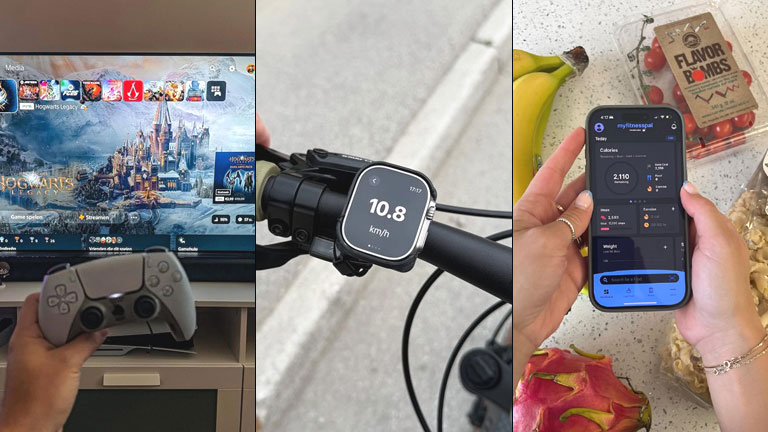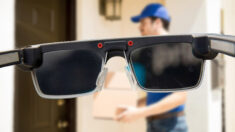
Wearable technology, which we also call wearable devices, is available in the form of smartwatches, fitness bands, and other wearable devices that help users monitor their health. Through this device, one can get complete information about the condition. Apart from this, technology has played an important role in promoting fitness and activity. It has revolutionized health care in daily life. It is available in the form of devices that help users monitor their health.
How Wearable Tech is Helping Personal Health Tracking
Let’s understand how this technology is improving personal health care.
Health data collection
The first and most important aspect is the continuous monitoring of health data. Smartwatches track things like our heart rate, sleep, physical activities, and calories burned. Smartwatches have revolutionized health monitoring. This technology, which is available in millions of wearables like smartwatches, provides people with important information about their health. This gives users real-time information about their health status, which helps them stay healthy.
Fitness and activity
The second aspect is promoting fitness and activity. Smartwatches motivate people to achieve their fitness goals. For example, these devices motivate users to walk, run, or cycle, which increases their physical activity level.
Health Alert
This technology provides timely warnings about health problems. For example, if a person’s heart rate becomes abnormal, a smartwatch can notify them so that the person can seek medical help in time.
Good for mental health
Wearable technology also focuses on mental health; some devices are designed to improve the mental health of users with the help of meditation and yoga. These technologies are helpful in reducing stress and improving mental state.
Key Features of Modern Wearable Devices
Heart rate is monitored regularly. Sleep is tracked with smart sensors. Steps are counted and activities are identified. Blood oxygen and ECG are checked. Stress and mood are also recorded. Daily health data is collected by the device. Personal habits are better understood. Early health warnings can be given. Healthy lifestyles are promoted.
Integration with Healthcare Systems
Health data is shared with doctors and apps. Patients are treated remotely. Telemedicine is used for virtual checkups. Personalized treatment plans are made from real data. Medical decisions are made from wearable reports. Monitoring is done without going to the hospital. Chronic diseases are regularly tracked. Contact with the doctor is improved. The health system is being modernized.
Challenges and Concerns
Questions are often raised on data privacy. Security of information is not always assured. Sensor readings are sometimes inaccurate. False health alerts can be sent. Excessive use of data can cause anxiety. Important decisions are taken without expert advice. Wearables are not affordable for everyone. Some areas are still not accessible. Trust in the device is not always strong.
Future Trends in Wearable Health Tech
Smart clothes are being developed. Chips are being installed for real-time tracking. Health problems are being predicted with AI. Emotions and mental health are being recognized. Devices are being developed for the elderly. Medical-grade wearables are being introduced. Advanced alerts are being given before problems. Health assistance is being personalized. Life is being made healthier and smarter.
Finally, wearable technology has made health care more personal and accessible. These technologies are not only helpful in monitoring personal health, but they are also playing an important role in identifying and treating health problems. Overall, wearable technology is shaping the future of personal health care and making it even more advanced and useful.


